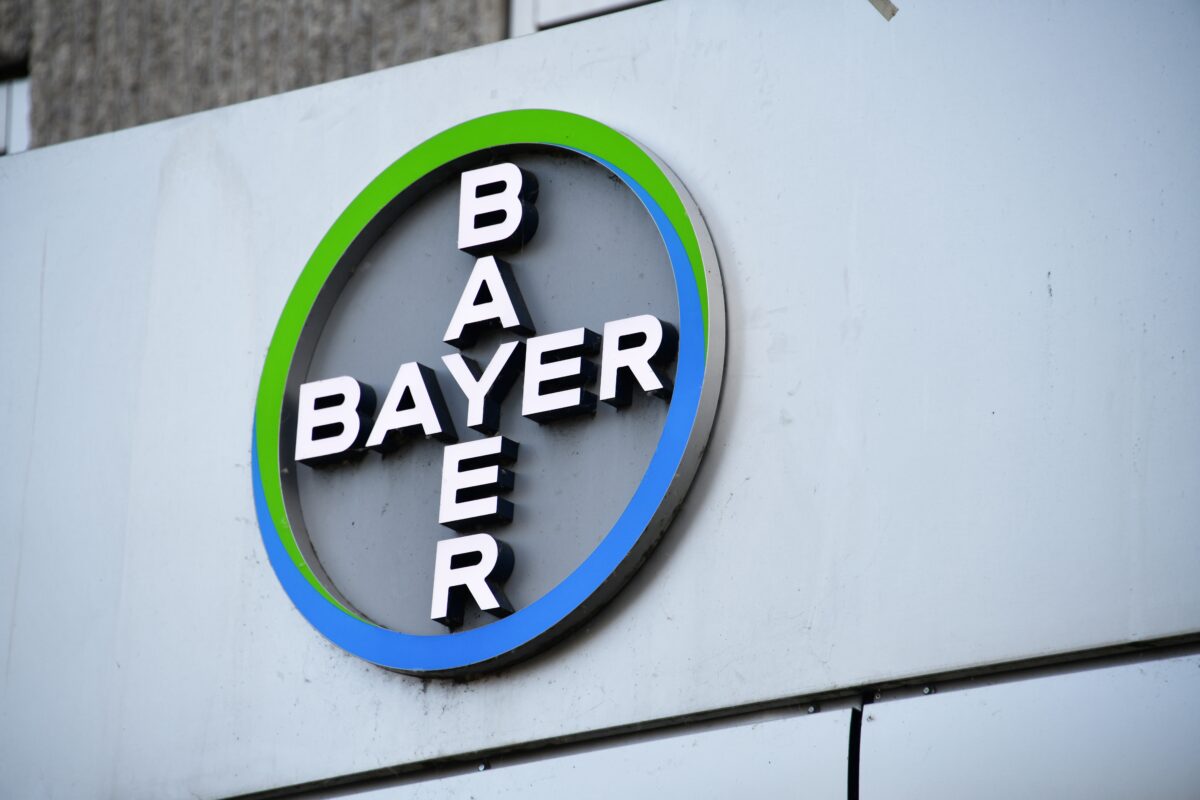Pfizer has been going strong on the approval front, having secured its fifth US Food and Drug Administration (FDA) approval in the past five weeks, with the most recent being for the company’s once-weekly human growth hormone analog Ngenla (somatrogon-ghla). The treatment is indicated for pediatric patients aged three years and older who have growth failure due to inadequate secretion of endogenous growth hormone.
Growth hormone deficiency (GHD) is a rare disease characterized by the inadequate secretion of the growth hormone somatropin from the pituitary gland.
In addition to Ngenla, so far this year, Pfizer has received FDA approvals for its alopecia drug Litfulo, RSV vaccine Abysvo, full approval for COVID-19 antiviral Paxlovid and migraine treatment Zavzpret (zavegepant).
The treatment is jointly developed by Pfizer and OPKO Health who have been partners since 2014. Pfizer paid OPKO $295 million upfront at the beginning of the partnership.
The disease affects about one in 4,000 to 10,000 children. Without treatment, children will have persistent growth attenuation, very short height in adulthood and potentially delayed puberty. Children with GHD may also face challenges related to their physical and mental health.
The drug’s approval falls under the FDA’s novel drug approvals, which includes drugs classified as new molecular entities (NME).
Related: Bespoke Gene Therapy Consortium Selects 8 Rare Diseases for Clinical Trial Portfolio
“The approval of Ngenla will be significant for children with growth hormone deficiency in the US. It holds potential to reduce the treatment burden that can come with daily growth hormone injections,” said Joel Steelman, pediatric endocrinologist at Cook Children’s Health Care System, in a press release from Pfizer.
“As a new, longer-acting option that has the ability to reduce treatment frequency from daily to weekly, Ngenla could become an important treatment option that can improve adherence for children being treated for growth hormone deficiency.”
Ngenla’s approval came after its initial decision date of October 2021 was delayed due to the FDA’s request for longer term data.
Ngenla is a human growth hormone that works by replacing the lack of growth hormone in the body. It is administered as a subcutaneous injection (under the skin) using a device that allows for titrating the drug based on how much a patient needs. Compared to Pfizer’s growth hormone therapy Genotropin (somatropin), its action in the body lasts longer, which allows for weekly injections instead of daily.
XTALKS WEBINAR: Clinical Trial Site Burden & Clinical Research Associate Burnout — How Studies Suffer
Live and On-Demand: Tuesday, August 1, 2023, at 11am EDT (4pm BST/UK)
Register for this free webinar for a thought-provoking and solution-oriented examination of the current clinical trial process and its impact on sites. The featured speakers will discuss clinical trial site burden, and CROs and the transformative potential of technology.
Ngenla’s FDA approval was backed by results from a multi-center, randomized, open-label, active-controlled Phase III study that evaluated the safety and efficacy of Ngenla when administered once-weekly compared to once-daily somatropin. The study met its primary endpoint, which was demonstration of the non-inferiority of Ngenla compared to somatropin, as measured by annual height velocity at 12 months. Ngenla was generally well tolerated and had a safety profile comparable to somatropin.
Pfizer said it expects to launch Ngenla in August. Ngenla will have a monthly list price of $8,300 for a child weighing 35 kg (75 pounds).
Competitors on the market include Ascendis Pharma’s Skytrofa (lonapegsomatropin-tcgd), which was the first once-weekly treatment for GHD when it was approved in August 2021. Sales of Skytrofa reached $39 million in 2022 and are on the rise, having already hit $35 million in the first quarter of this year.
On the other hand, sales of Pfizer’s Genotropin decreased from $389 million in 2021 to $360 million last year.
Ngenla is already approved in over 40 countries for the treatment of pediatric GHD, including Canada, Australia, Japan and European Union (EU) member states.












Join or login to leave a comment
JOIN LOGIN